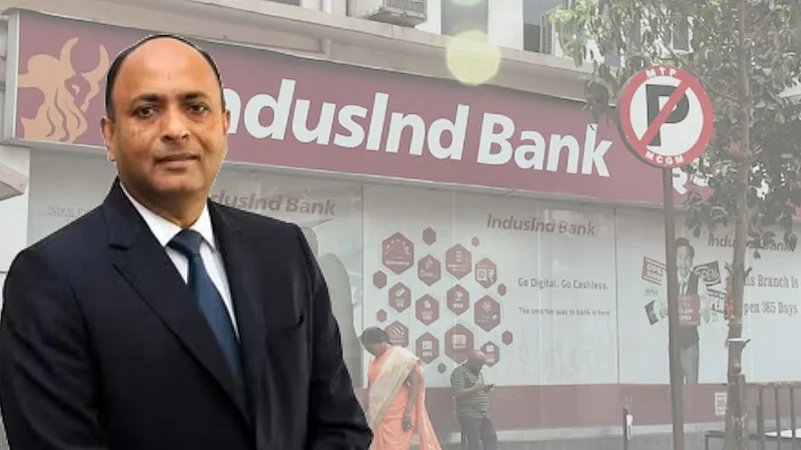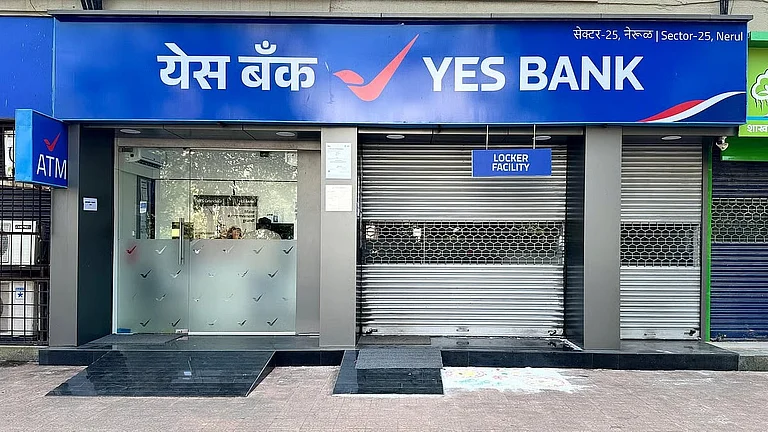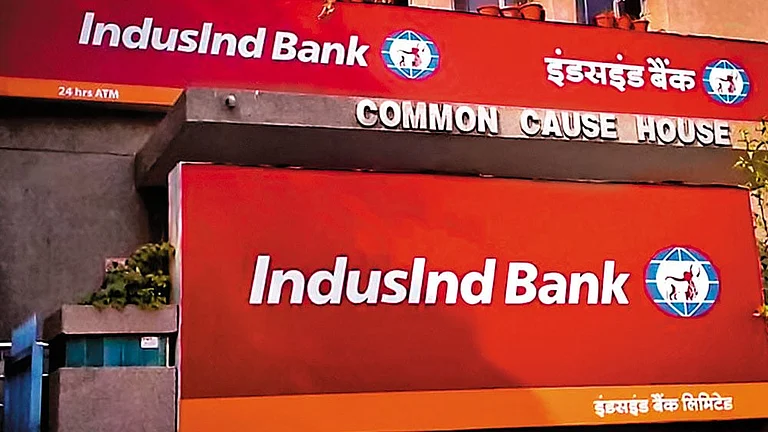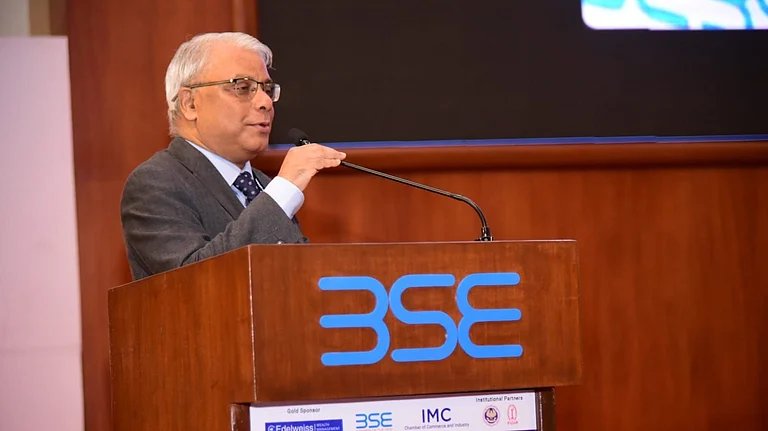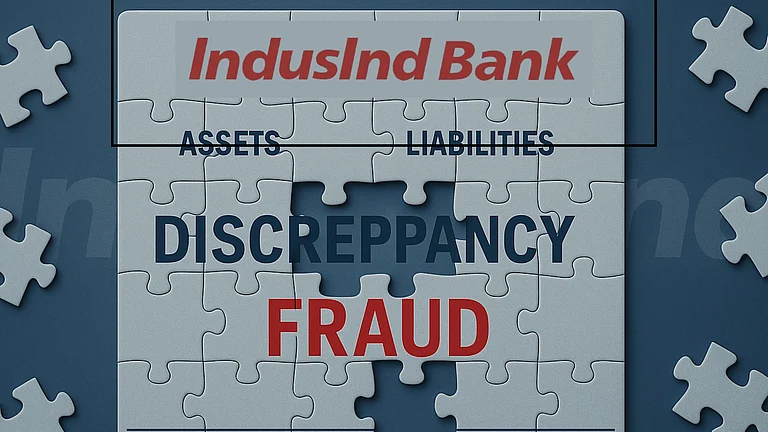The Securities and Exchange Board of India (SEBI) has issued a damning ex-parte interim order against five former and current senior officials of IndusInd Bank (IBL), accusing them of insider trading after they became aware of discrepancies in the bank's derivative portfolio.
The officials named include Sumant Kathpalia (former MD & CEO), Arun Khurana (former Executive Director & Deputy CEO), along with Sushant Sourav, Rohan Jathanna, and Anil Marco Rao — all of whom traded in IndusInd shares during the UPSI (Unpublished Price Sensitive Information) period without publicly disclosing the material information.
In the order dated May 28, SEBI’s Whole-Time Member Kamlesh C. Varshney also directed the freezing of the bank and demat accounts of the five individuals to the extent of their gains. They have been barred from buying or selling securities until further notice. The bank and the executives have also been asked to submit a detailed account of their financial and asset holdings within 15 days.
SEBI found that these executives sold a total of 4,78,565 shares during the UPSI period without making any purchases, thereby avoiding a potential loss of Rs 19.78 crore.
“It would be naive to assume that Noticees traded in the scrip of IBL while being in possession of UPSI in a routine manner,” the regulator noted.
The case stems from internal assessments triggered by the RBI's “Master Direction – Classification, Valuation and Operation of Investment Portfolio of Commercial Banks, 2023,” issued in September 2023. SEBI’s preliminary findings revealed that IndusInd Bank had identified significant discrepancies in its derivative portfolio accounting, which were expected to have a material adverse financial impact.
Management Aware of Derivatives discrepancies Since 2023
On March 10, 2025, the private lender publicly disclosed that it had identified a potential hit of 2.35% to its net worth, amounting to approximately Rs 1,529.88 crore. However, this impact was later revised to as much as Rs 1,960 crore in two audits commissioned by the bank. The second forensic audit by Grant Thornton reportedly revealed damning evidence of insider trading by key banking officials.
SEBI stated that internal emails from as early as November 2023 showed that the bank’s leadership had already been discussing the issue. It noted that “the UPSI in the instant matter originated prima facie on or before December 4, 2023,” but IndusInd Bank only formally classified it as UPSI on March 4, 2025 — just days before the public disclosure.
Emails cited in the order showed a clear understanding of the potential market impact. In a message dated December 4, 2023, Kathpalia wrote: “We need to do the reporting. There seems to be a huge impact…” Later, on December 17, he remarked: “This is against what we have been talking to investors. It seems we need to go to market early next year. This is very very serious.”
SEBI justified the urgent interim action, stating: “Indulging into insider trading activities while being an insider and being in possession of UPSI tantamounts to committing fraud upon the innocent investors.”
The order emphasised that the action aims to preserve investor confidence and protect market integrity.
SEBI’s order added: “The foregoing prima facie observations contained in this Order are made on the basis of the material available on record. The Noticees may, within 21 days from the date of receipt of this Order, file their reply/objections, if any, to this Order and may also indicate whether they desire to avail an opportunity of personal hearing on a date and time to be fixed in that regard.”
The order further indicated that additional individuals may come under scrutiny. It noted: “A detailed examination by SEBI with respect to insider trading (against these Noticees as well as against other suspects) as well as on disclosure violation and other violations is already underway, which may be completed expeditiously.”







